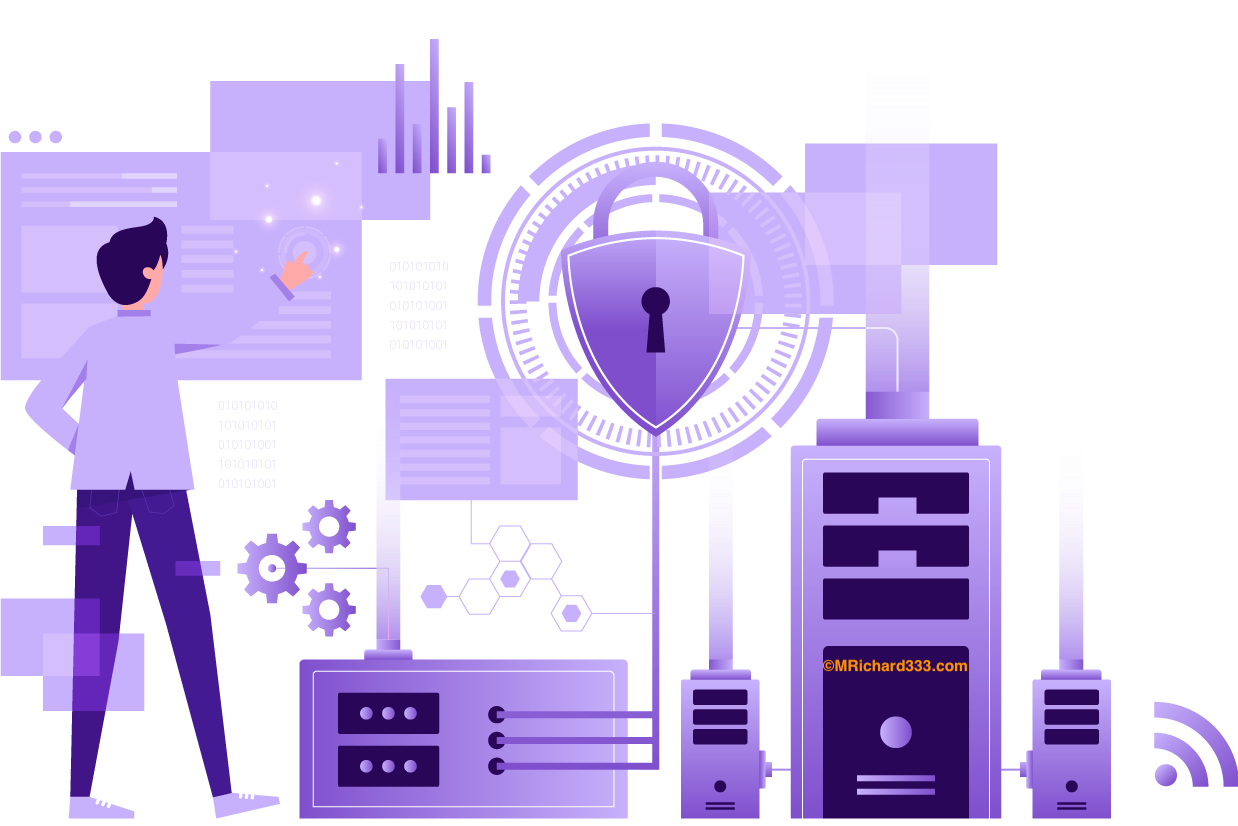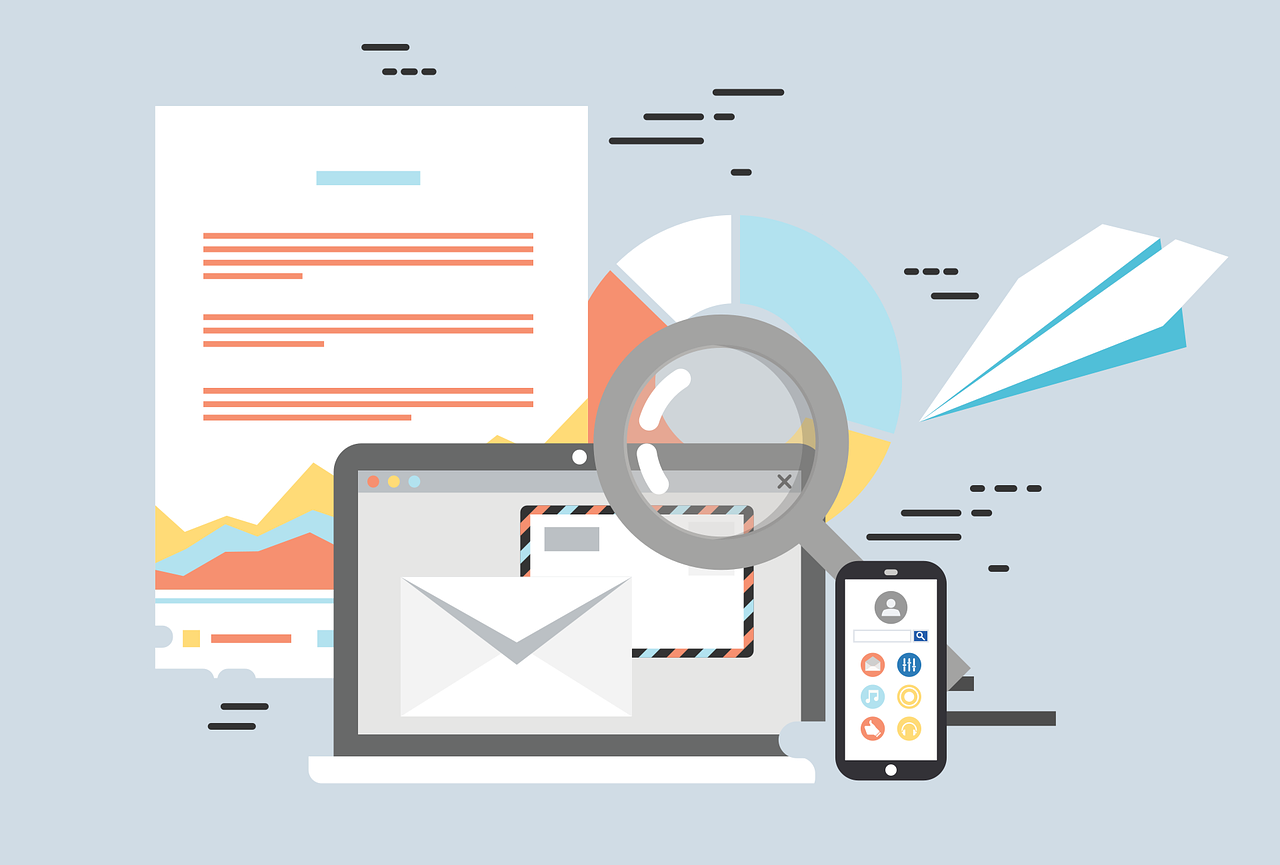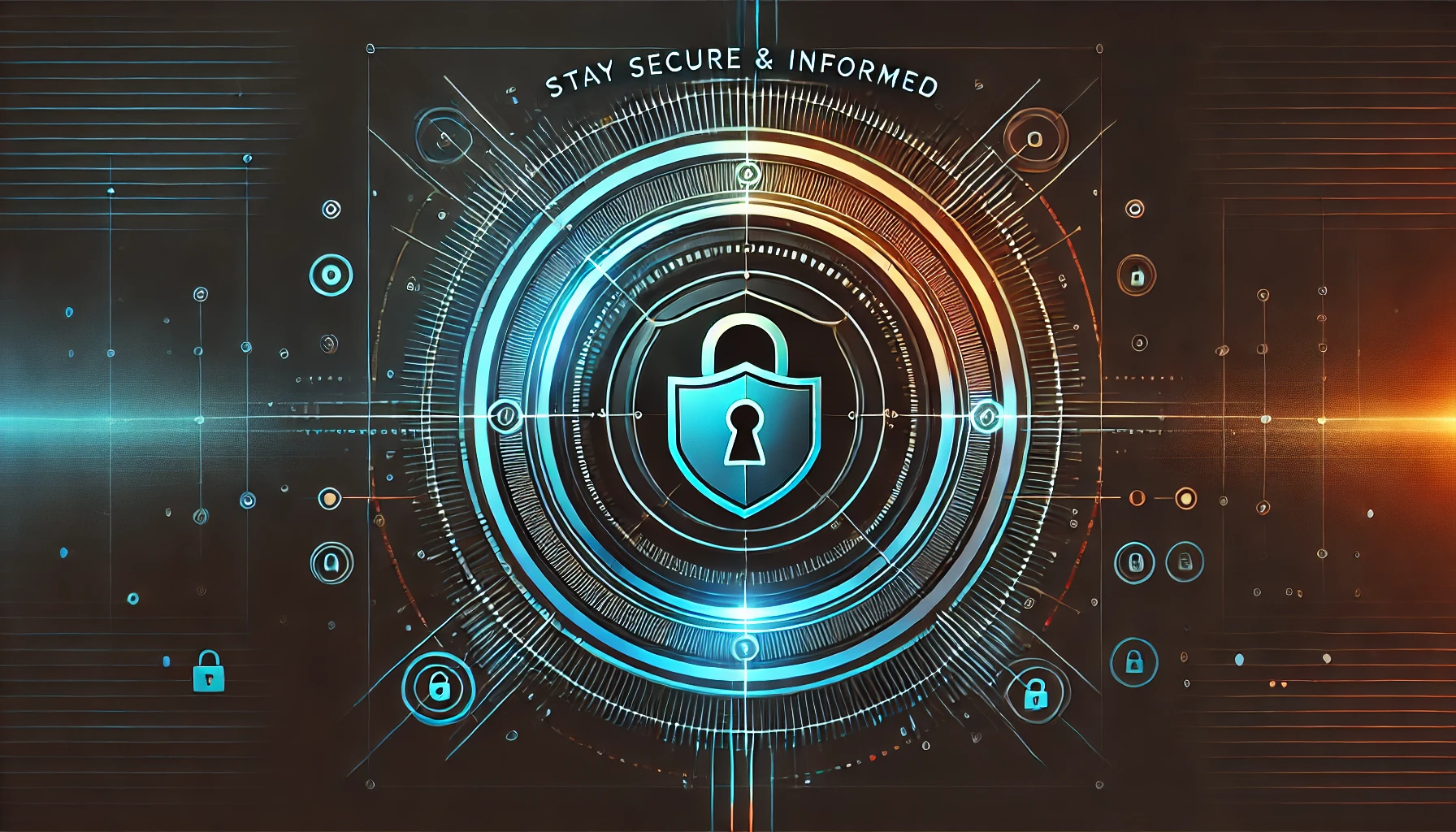Cybersecurity And Fraud Prevention


As new technologies emerge, both hardware and software continue to evolve. Being connected to the internet has become part of everyday life, but with this convenience comes exposure to risks that many people are unaware of.
We all want a private and secure online experience. To get closer to that goal, it’s important to understand that the internet is not inherently safe, and no system is perfect.
According to the FBI’s Internet Crime Report, cybercriminals stole over $3.5 billion USD from individuals in the United States in 2019. Despite significant law-enforcement efforts, only about $300 million was recovered for victims.
Although this may seem substantial, it means that less than 9% of reported losses were successfully returned to the people who suffered them. The majority of stolen funds are never recovered.
Our mission is to provide clear, practical information that helps you understand online threats and protect yourself more effectively. By staying informed, you can reduce your risk and make smarter decisions in today’s connected world.
Cyber Defense Arsenal FREE
Professional-grade diagnostic tools to secure your digital life. Register for our dashboard to unlock **PREMIUM** access.
Security Audit
Interactive checklist to grade your defense against hackers.
Entropy Calc
Test your password strength against AI brute-force attacks.
Link Forensics
Detect phishing, obfuscation, and malware before you click.
Identity Breach Audit LOGIN REQUIRED
Audit your registered email address against major data breaches and dark web exposure.
CVE Scanner PRO
Deep-scan your domain for known, unpatched software vulnerabilities listed in the NIST database.
History & Trends
Store scan results and track performance. (History deleted after 30 days for Free Tier.)
Login to Dashboard & Unlock PRO Features
● Live Interactive Tool
Am I Hackable?
Most people think they are safe until it's too late. Take the free 3-Level Security Audit to see your risk score instantly.
Start Free Audit →The most common
online scam
Phishing Emails
Fraudulent emails impersonating company and using manipulation technique in order to trick an intended victim into visiting a fraudulent website disguised to look like a valid eCommerce or banking site. The Victim thinks they are logging into their real account, but instead, everything they enter on the fake website is being sent to the scammers. Armed with this information, the scammer can wipe out the victim's accounts, run up their cards, and even steal their identity.
Anti fraud guide & Tips to protect your identity online

5 TIPS for avoiding cybercrimes
-
Avoid telling personal information over the phone or emails
-
Choose privacy-focused service providers and reputed anti-malware.
-
Make your online purchase with Paypal or by Cards if possible as it came with fraud insurance.
-
Know that it is possible to impersonate any phone number including the shown name. Call back to see if it is real - don't feel bad saying that you will call back if is important info.
-
Never enter your Card or personal details on an HTTP website — HTTPS has been implemented for encrypting information traveling on a website to prevent other users from reading your datas.

11 Bonus Tips
-
Verify the refund policy of the website and the seller prior to buy or made a payment.
-
Know that the police can't recover funds for you in most cases.
-
Be aware of hacker pretending to be able to recover funds for you, these are the lowest kind of scammers as they only target vicitms of scam.. also hacking is illegal.
-
Interact transaction are not refundable even if it is a scam but the police can investigate and make a criminal record to the person (if they identify them).
-
Encrypt your entire hardrive to protect it from physical attack.
-
Encrypt your sensible files (Recommend using Encrypto) so that once your hardrive is decrypted, your files succeptible of being encrypted by a scammers for a ransom, can't be as they are already encrypted (can't encrypt files twice). It is also a lot more private for you.
-
For privacy reason, don't enter your facebook email anywhere if you don't want facebook to identify you on other websites.
-
Read our article on Romance Scams as they are in rise!
-
Read our privacy and security checklist - It's free!
-
And please, don't wait until you get scammed before learning about fraud prevention.. stupidy is more popular on youtube then fraud prevention sadly but it is definitely a better times investment!
-
Know that some government with bad intentions have access to Pegasus spying software and that there have been official case of abuse and only a phone call is enought to hack your phone.
Most home routers have Universal Plug and Play (UPnP) enabled by default. While UPnP is designed to simplify device connectivity, it has also been associated with security vulnerabilities when not configured properly.
Disabling UPnP is often recommended for users who do not need it, as it prevents unnecessary automatic port openings.
Many consumer routers also ship with default administrator usernames and passwords, which are publicly documented and widely known. If these credentials are not changed, attackers may be able to access the router’s control panel and modify critical network settings. Updating the default password is one of the most important steps you can take to secure your home network.
Modern operating systems and devices provide tools to help manage your security—such as firewalls, prompts for remote connection requests, and permission controls. However, effective protection ultimately depends on recognizing potential threats and practicing safe online habits.
There’s no need to be overly alarmed, but understanding how these risks arise—and taking a few basic precautions—can significantly reduce your exposure to cyber threats.
🚀 Explore the Best Discord Bots
Find top-rated Discord bots, including Premium, Supporter, and Free options, tailored to enhance your server experience!
🚀 Supporter


Your Discord Bot Here
Your Discord Bot's features here
✨ Free


Dyno
Versatile bot offering advanced moderation and community commands.
MRichard333
We believe that everyone should have the right to a peaceful online experience, free from any inconvenience or stress.
We strive to offer you the best experience and complete satisfaction!









